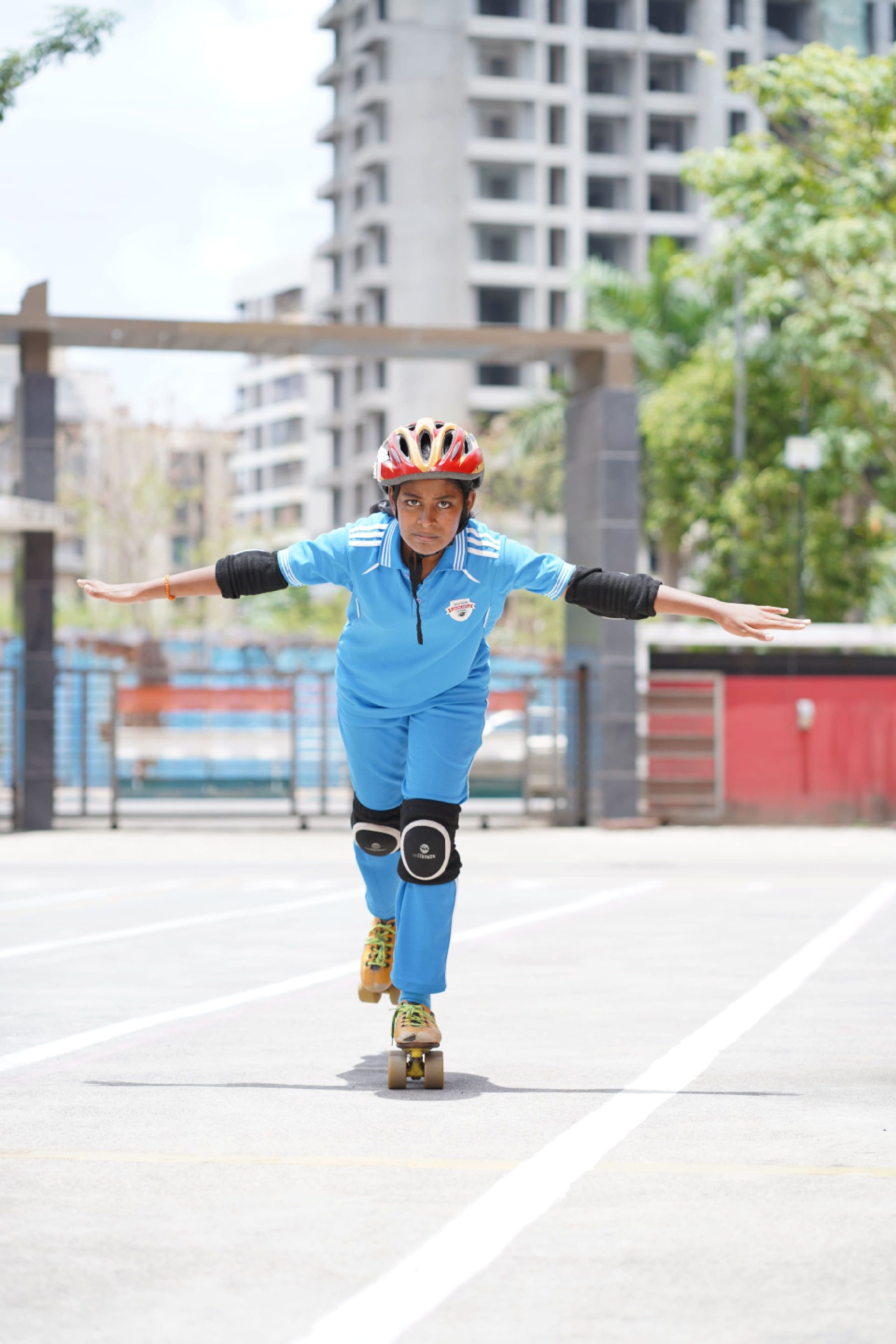
Introduction
Active Minds, Healthy Bodies
Building Character, Teamwork & Confidence Through Sports
Sports at Seven Eleven Scholastic School are more than just physical activity — they’re a way of building leadership, discipline, and resilience from a young age. Through structured coaching, inter-house tournaments, and outdoor exposure, every student develops teamwork, focus, and a winning attitude. Our goal is to nurture physically fit, confident, and emotionally balanced learners who value both competition and collaboration.











